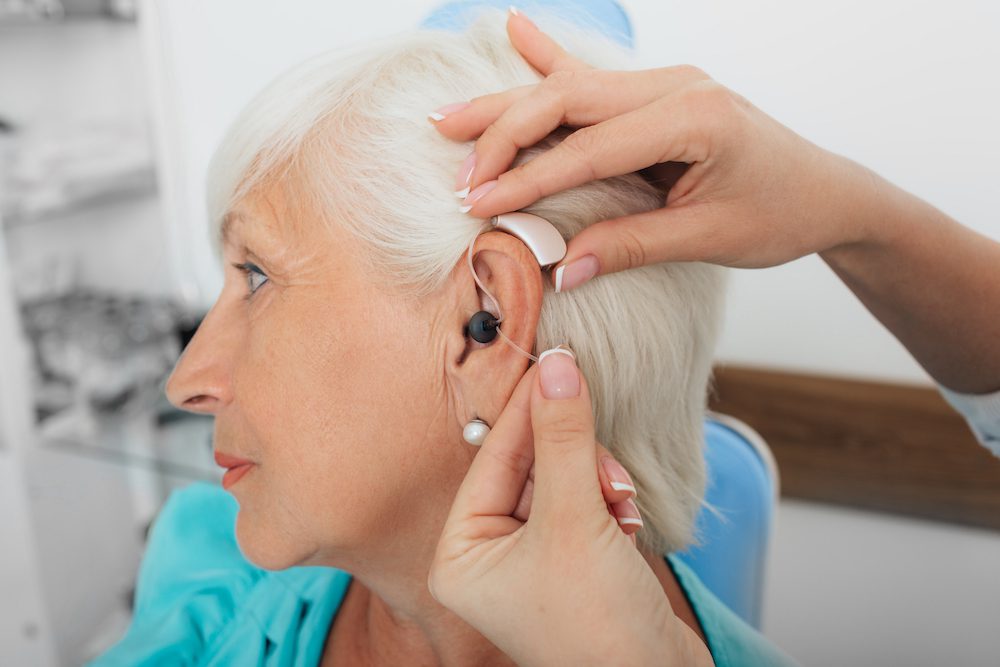
Hearing aids are important for many people who experience hearing loss, and they are an efficient method of enhancing their overall quality of life as well. If you are used to the numerous benefits that hearing aids provide, being without your hearing aids might cause some issues. When they need to be fixed, the process can be quite time-consuming.
Learning about the most prevalent causes of hearing aid damage is a good idea if you want to reduce the likelihood of needing to have your hearing aids repaired in the future.
While wearing hearing aids on a daily basis, it is easy to lose sight of how delicate these sophisticated pieces of technology are. In order to function properly, hearing aids must be constructed of a variety of components, some of which are visible and others that are concealed within the hearing aid itself. Taking appropriate care of your hearing aids in accordance with these tips will help to reduce the likelihood of them breaking down and requiring repair.
Keep Them Clean and Treat Them with Care
Managing your hearing aids and avoiding exposing them to unnecessary wear and tear is essential to providing proper care for them. Maintaining the cleanliness of your hearing aids will go a long way toward ensuring that they continue to operate as intended. Remove any debris or earwax from your hearing aids as soon as possible to avoid them becoming clogged and perhaps damaging the microphone or earphone ports.
Simply wiping your hearing aids off with a clean, dry cloth once a day will be enough, being careful to remove any visible debris in the process. The usage of a wax pick is another useful thing that you can use to remove wax build-up from your equipment in the appropriate manner.
Avoid Coming into Contact with Water or Moisture
The majority of hearing aids are not designed to withstand being immersed in water. It is possible that using water or excessive moisture on your hearing aids will cause considerable damage, necessitating the need for repair or replacement. Check to see that your hearing aids are completely removed before having a bath, bathing or going swimming.
The presence of moisture, such as that found in a steam room, can also be harmful to hearing aids, so remove them before using facilities such as this.
When Not in Use, Store Them in A Secure Location
Keeping your hearing aids in good working order after you take them out of your ears is extremely important. When you are not wearing your hearing aids, the likelihood of them being damaged or destroyed increases. Given their proclivity for being damaged by being dropped, taking extra precautions and storing them properly should reduce the likelihood of them needing to be repaired.
Hearing aids are a critically important and considerable investment in your health and well-being. Care must be taken to ensure that they are adequately looked after. Speak with your audiologist if you would want more information on how to properly manage your hearing aids to avoid repairs.
